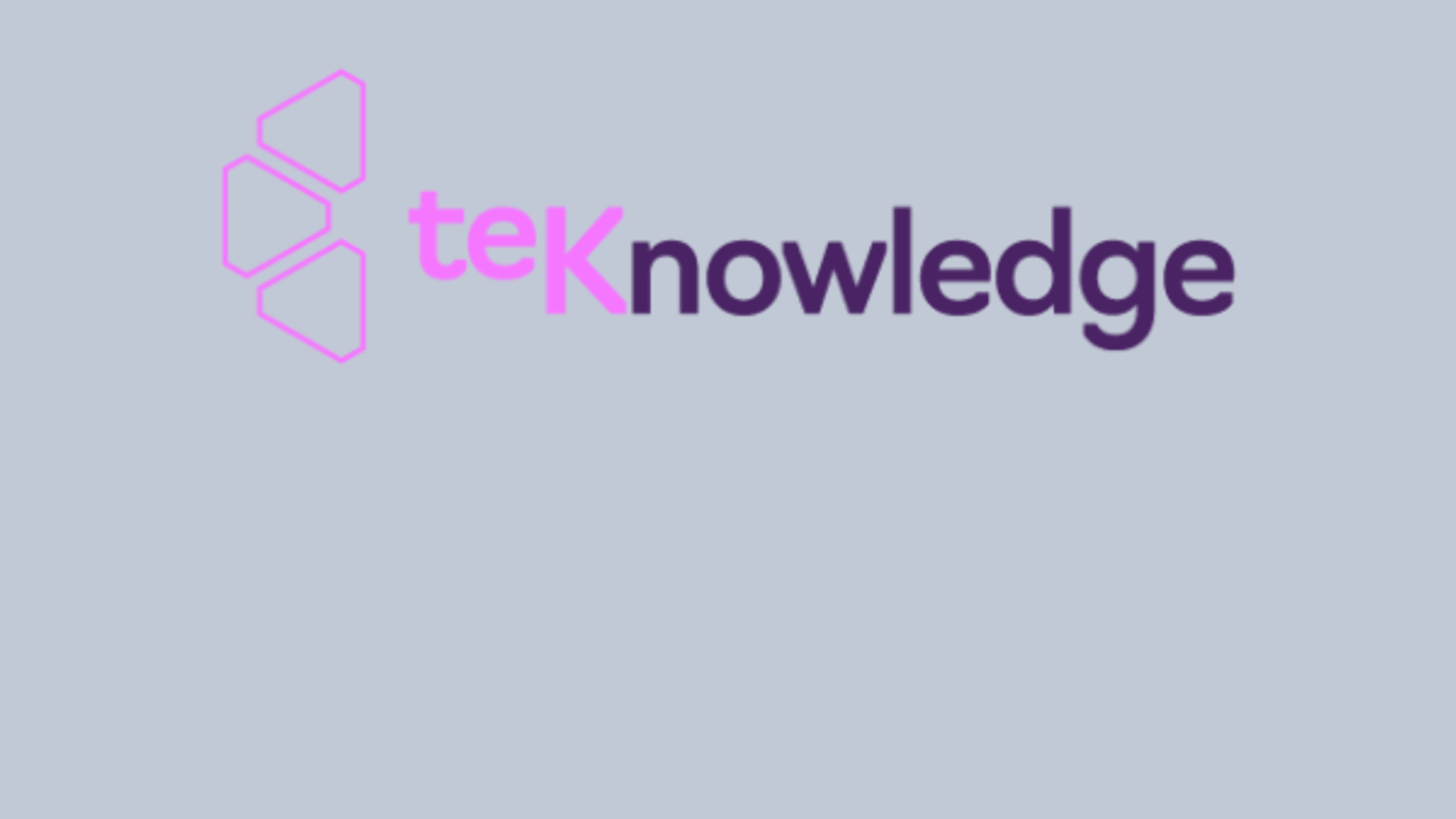Educational Transformation: AI and ML in African Classrooms
The Power of Artificial Intelligence (AI) and Machine Learning (ML)
In recent years, the world has witnessed significant advancements in technology that have revolutionized various industries, including education. One of the key areas of transformation is the integration of Artificial Intelligence (AI) and Machine Learning (ML) in classrooms across Africa. AI and ML have the potential to reshape the educational landscape, bridging gaps, and providing equal opportunities for students.
Promoting Personalized Learning
AI and ML technologies enable personalized learning experiences for students. By analyzing large data sets, these technologies can assess individual strengths, weaknesses, and learning styles. This information can be used to develop customized learning plans for each student, tailoring the educational content to their specific needs. This approach fosters a more engaging and effective learning experience, enhancing students’ understanding and knowledge retention.
Improving Accessibility to Quality Education
One of the biggest challenges faced by many African countries is the lack of access to quality education. AI and ML present an opportunity to bridge this gap. With the help of these technologies, educational resources can be digitized and made available online, reaching students in remote areas where traditional educational infrastructure may be lacking. This accessibility to quality education can positively impact the lives of countless African students who otherwise would have limited educational opportunities.
Enhancing Teacher Effectiveness
While AI and ML are often associated with replacing teachers, their primary role lies in augmenting and enhancing teachers’ abilities. These technologies can automate administrative tasks, freeing up valuable time for teachers to focus on student engagement and individualized instruction. AI-powered tools can also assist teachers in assessing student performance, providing real-time feedback, and identifying areas where students may need extra support.
Fostering Critical Thinking Skills
AI and ML provide opportunities for students to develop critical thinking skills. By engaging with intelligent machines, students can learn to analyze data, solve complex problems, and make informed decisions. These skills are essential in preparing students for the rapidly evolving workforce, where automation and technology play significant roles.
Addressing Ethical Considerations
As with any technology, the integration of AI and ML in education comes with ethical considerations that need to be addressed. It is crucial to ensure data privacy, security, and fairness in algorithmic decision-making. Additionally, efforts should be made to mitigate biases that may be present in AI systems, ensuring equal opportunities for all students.
Closing Thoughts
AI and ML have the potential to transform education in African classrooms, bringing about positive changes in personalized learning, accessibility, teacher effectiveness, and critical thinking skills. By harnessing the power of these technologies, African countries can overcome the existing educational challenges and create a brighter future for their students.


